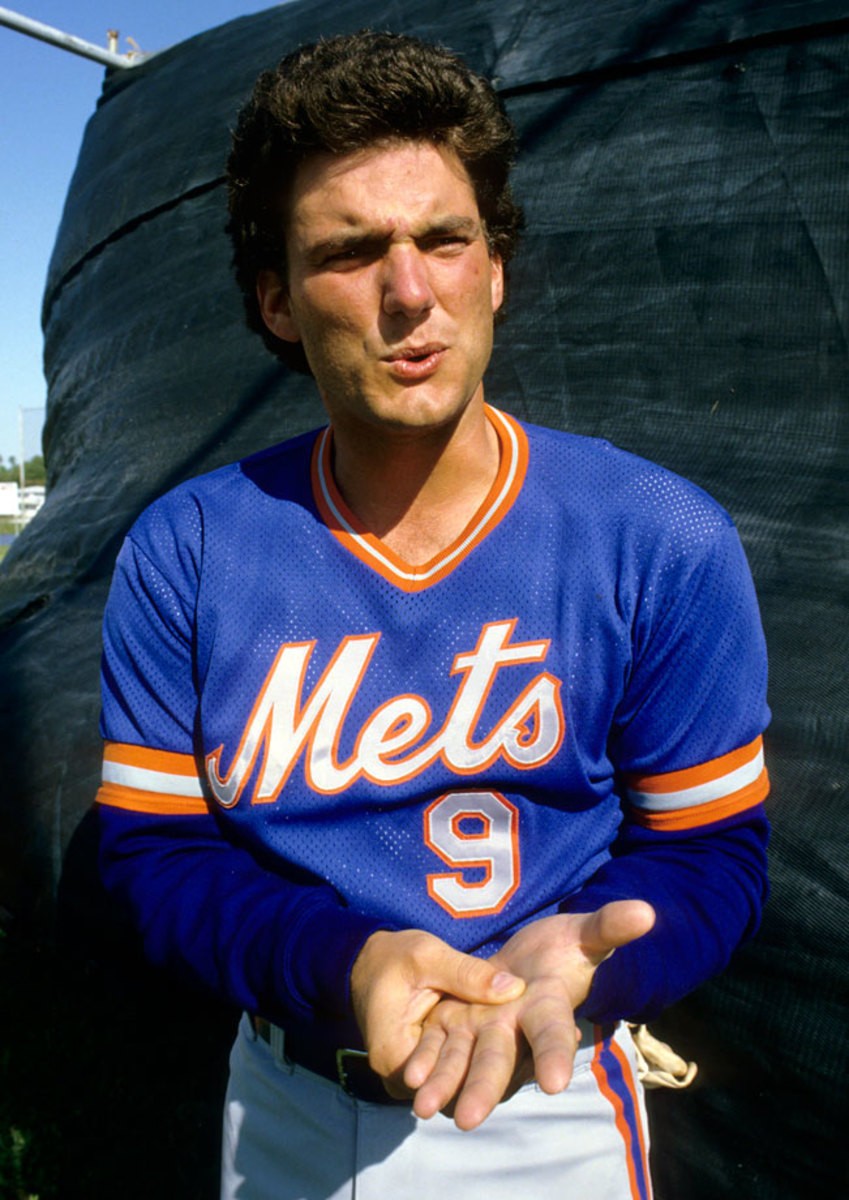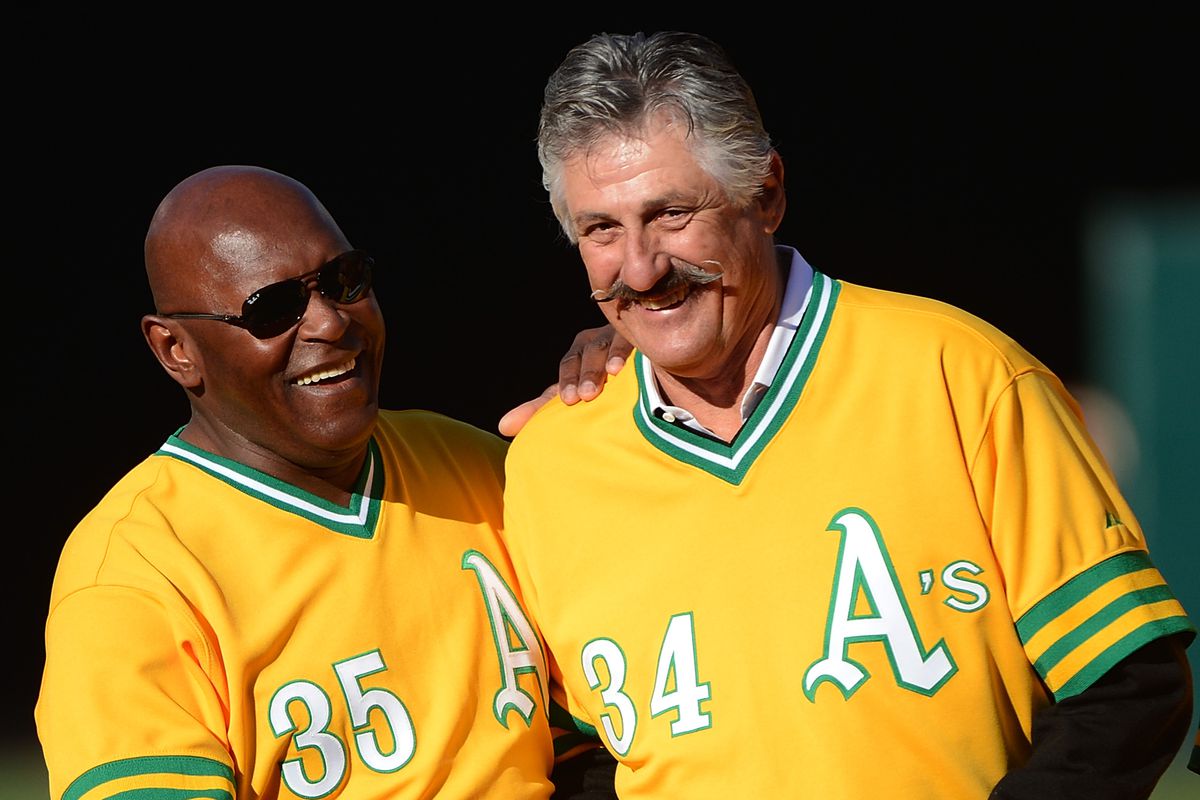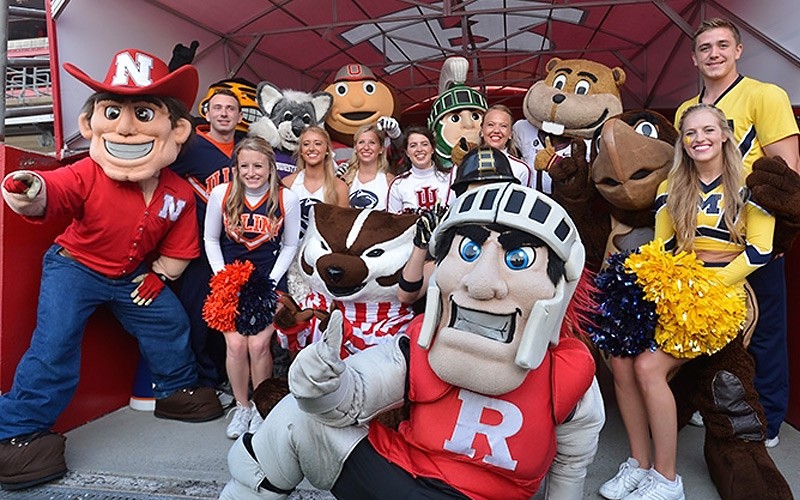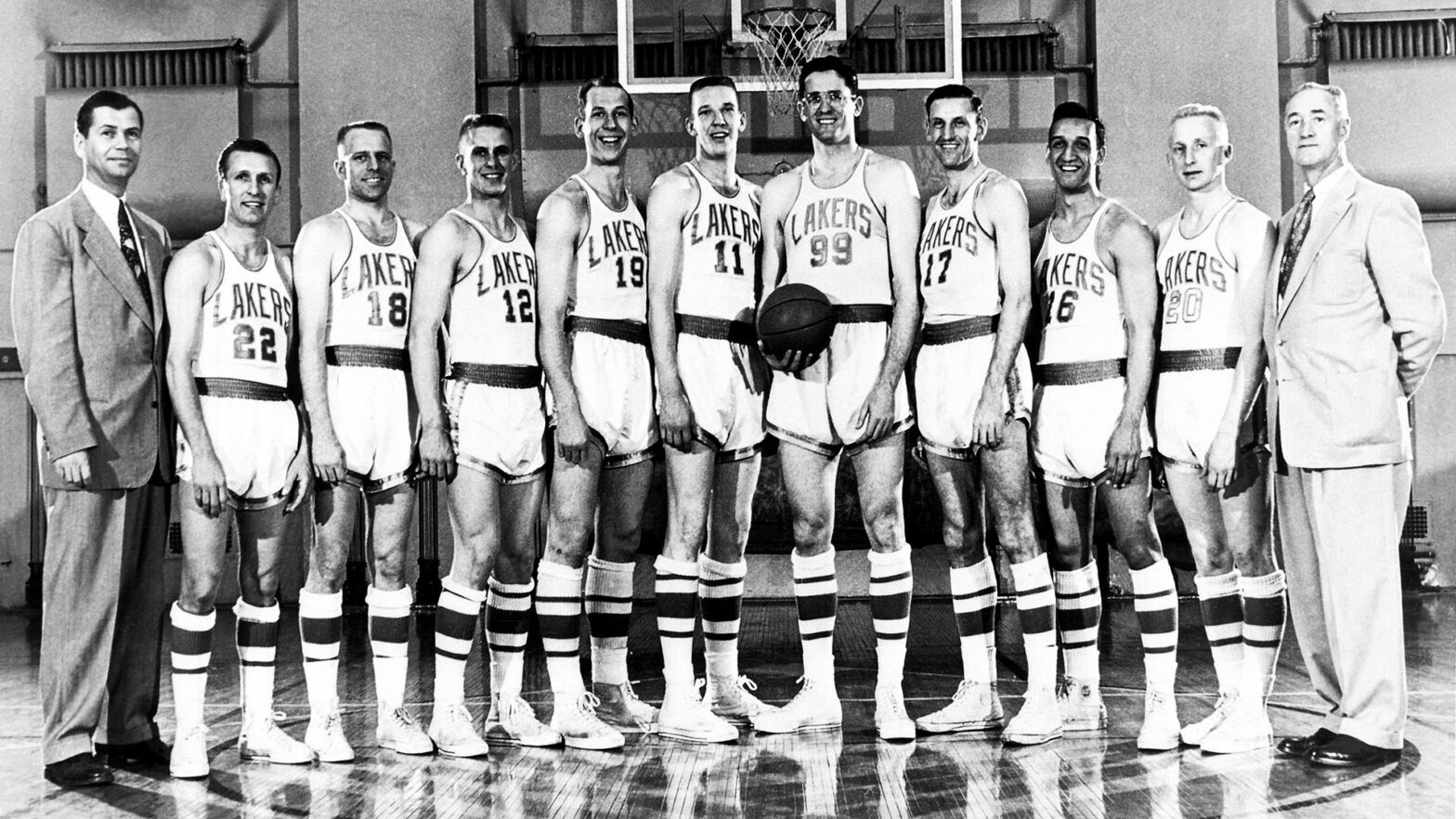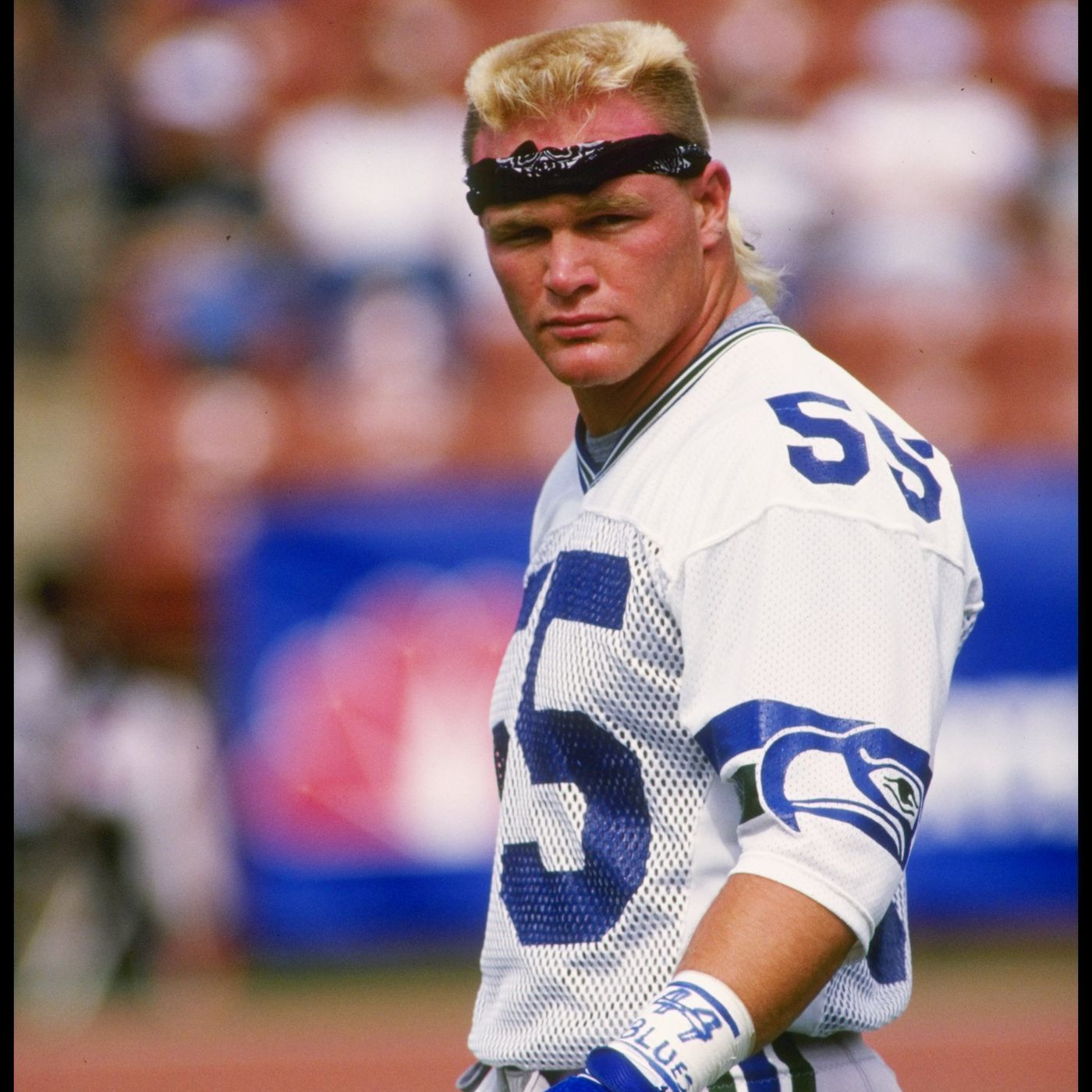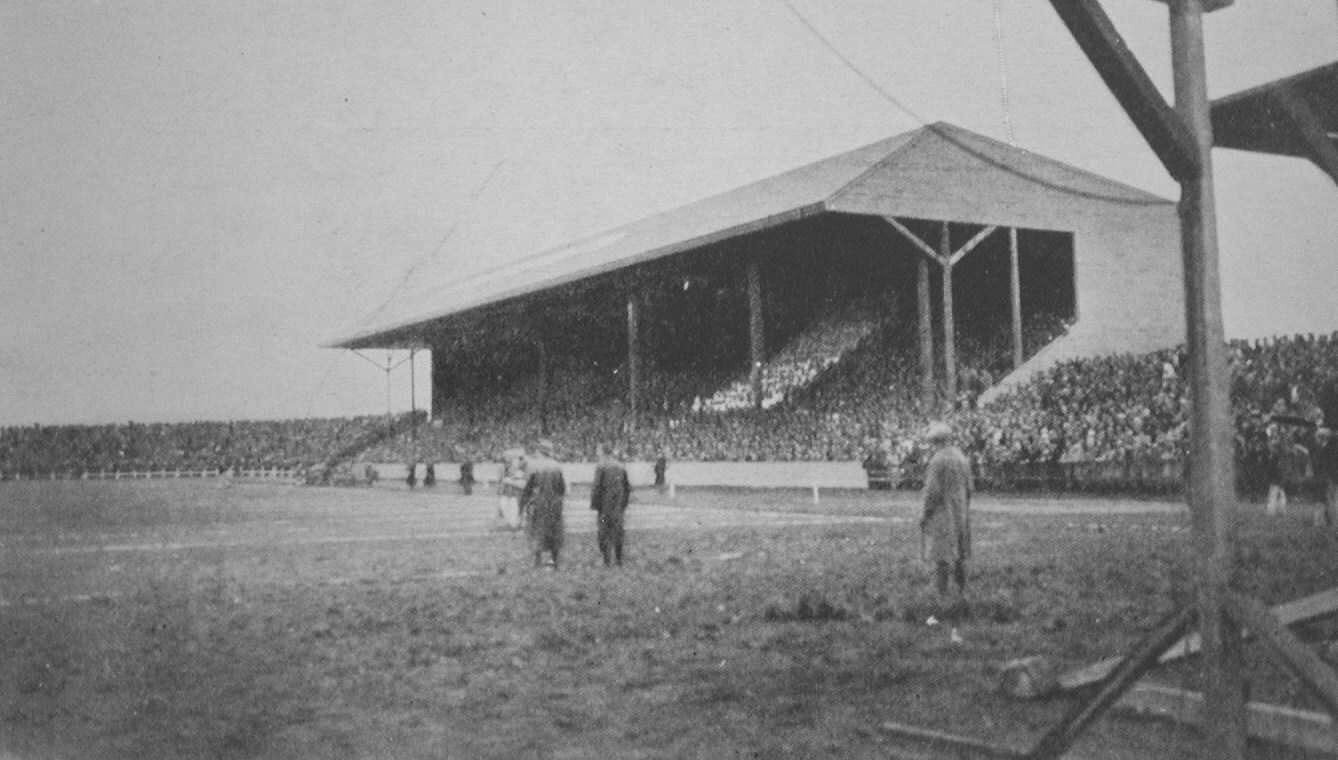Born into a baseball-loving family in La Mirada, California—a town bordering Los Angeles and Orange Counties–on September 3, 1980, Jennie is the youngest of Doug and Bev’s three children. Finch and her two older brothers grew up as true blue Dodgers fans, and she signed up for tee ball at five. Bigger, faster and stronger than her teammates, Finch began pitching at eight. By nine she was playing for a 10-and-under all-star team that traveled throughout Southern California. Doug Finch built a batting cage in the family’s backyard, were he caught and coached her while sitting atop an overturned five gallon bucket. When her father was not available, Finch practiced throwing to a pitch back. Finch was highly competitive, had a cannon for an arm and worked exceptionally hard. At 12, she led the California Cruisers to the American Softball Association [ASA] national title in the U12 Division in Chattanooga, Tennessee. Two years later, they took the 14U title. Finch attended La Mirada High School, where she led the Matadores to four straight Suburban League softball titles. She was named to the All-Area Team as a sophomore, was Suburban League MVP as a junior and was voted Player of the Year by the Long Beach Press-Telegram as a senior. At 6’1”, she earned four varsity letters in softball along with two each in volleyball and basketball. As a senior, Finch was elected captain of the Lady Matadores’ softball, volleyball and basketball teams. Jenny Finch concluding her high school softball career with a 50-12 record, with 13 no-hitters and 0.15 ERA, fanning 784 batters in 445 innings pitched. After graduation, she spent the summer leading her 18U team the 1998 ASA national title.
Finch was offered scholarships from college softball powers around the country and choose the University of Arizona. She immediately emerged as the ace of the Lady Wildcats’ staff, winning 24 games. When not pitching, Finch played first base, leading the team in doubles [14] and extra-base hits [21] while belting seven homers. UA advanced to the NCAA tournament, where Finch twirled a no-hitter, one-hitter and two-hitter in her first three games and was named Most Outstanding Player in the regional. In the summer following her freshman year, Miss Finch led Team USA to the silver medal in the Junior Women’s World Championship. As a sophomore, Finch batted .327, had a 14-game hitting streak and walloped 16 home runs. She was named All-Pac 10 and All-American after going 20-2 with a 0.79 ERA. After tossing three no-hitters in the NCAA tournament, Finch was again named MOP of the regional. In her junior year in Tucson, Finch hit three grand slams, drove in 57 runs and, in three games against Stanford, struck out 40 Lady Cardinal batters. She went 32-0 on the mound, led Arizona to the Women’s College World Series title, and was named All-American and National Player of the Year. As a senior, she set an NCAA record with her 60th win in a row and was again voted Player of the Year.
In the summer of 2004, the best collection of softball players in U.S. history—dubbed by Sports Illustrated as the “Dream Team”–sailed through the Olympic tournament, giving up one run in seven games to claim the gold medal. Jennie Finch won two of those games while only giving up one hit. Following the Athens Games, Finch became a household name, appearing on Letterman and Kimmel, modeling in the Sports Illustrated Swimsuit Edition and being named one of People magazine’s “50 Most Beautiful People.” She appeared in a celebrity softball game, striking out major league all-stars Albert Pujols [Daily Dose, November 10], Mike Piazza and Brian Giles. “I never touched a pitch. Her fastball was the fastest thing I’ve ever seen. It rises and cuts at the same time.” After marrying former major league pitcher Casey Daigle—who proposed to her on the softball field at U of A—Jennie joined the Chicago Bandits of the National Pro Fast Pitch Softball League. In her rookie season, Mrs. Daigle struck out 119, walked 10 and had an ERA of 0.11. In 2008, Team USA failed to successfully defend their gold medal, losing to Japan en route to claiming silver. Two years later, Finch retired in order to spend more time with her family. She is now the mother of two boys and a girl.
Jenny Finch-Daigle is the most famous softball player in history. Her beauty and charm made her a pop culture icon, and she is the most recognizable softball pitcher of her, or any other, era. University of Arizona and Team USA softball coach Mike Candrea said, “Jennie has transformed this sport, touched millions of young kids in many different ways…through it all she’s remained very humble.” Mrs. Daigle had five pitches; a riser, curveball, screwball, dropball and changeup. She combined great control with tremendous velocity. A softball pitcher stands 46 feet from the hitter, making Finch’s 70 miles-per-hour pitches comparable to Hall of Famer Nolan Ryan’s fastball. Upon her retirement, the Chicago Tribune wrote of Jennie Lynn Finch-Daigle, “She leaves with a spotless personal reputation, an intent to keep promoting softball, and the knowledge that she has inspired other girls and women who play for the love of the game.”
After the final game of the 2008 Olympic tournament, Jennie Finch addressed the International Olympic Committee, who voted in 2005 to drop softball from the Olympics following the Beijing Games.
“Over 140 countries play this game…you don’t have to be six-four. You don’t have to weigh 200 pounds. We have all different shapes and sizes. The sport tests so many athletic abilities, from hand-eye coordination, to speed, to agility, to quickness. We’re finally at the pinnacle, we’ve finally been established. Please don’t take this away.”


